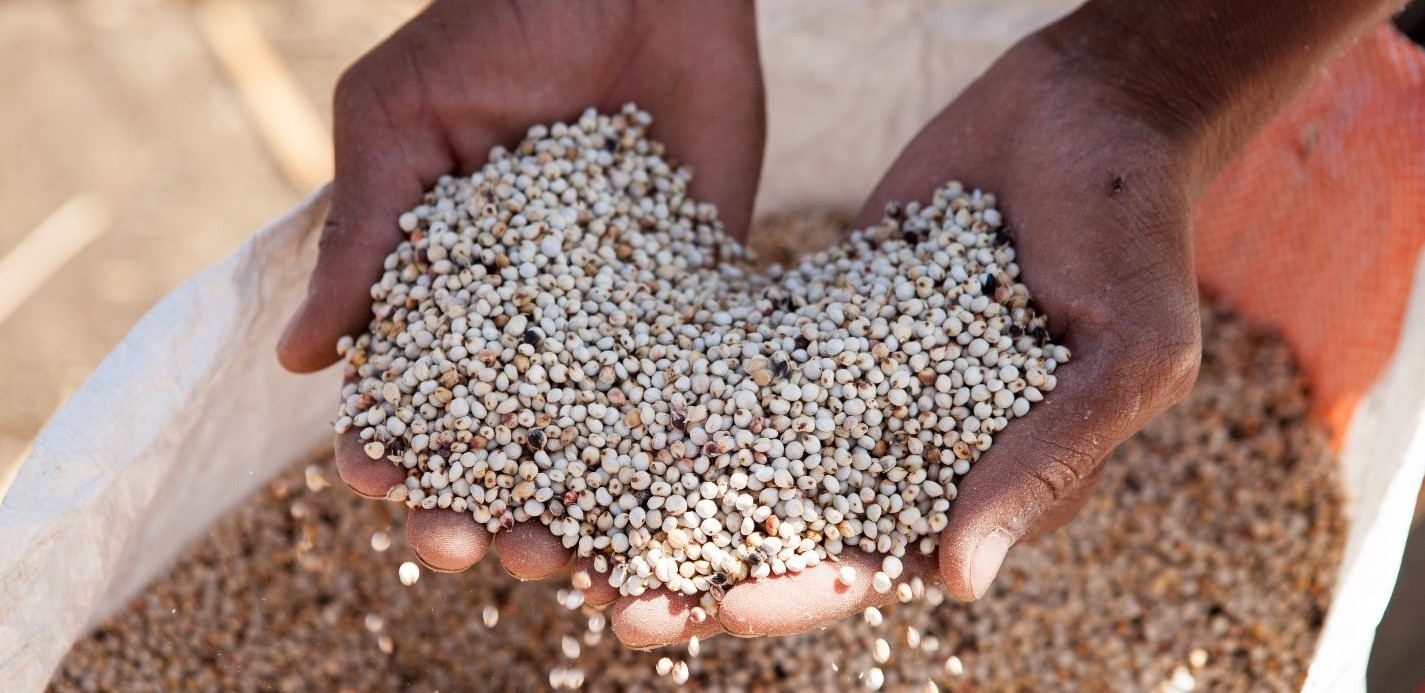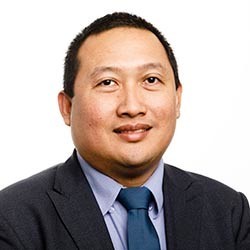It’s time to think small
IFAD Asset Request Portlet
Asset Publisher
It’s time to think small
Small-scale farmers and the rural poor have a crucial role to play in the restoration of ecosystems and the conservation of natural resources
Estimated reading time: 3 minutes
The past decades have been marked by increasing pressures – namely, the demands of a rapidly growing global population, the changing climate, and continuing pollution – that are steadily degrading the ecosystems that support all life on Earth. This continued degradation of global ecosystems will, in turn, contribute to poverty and inequality, with small-scale farmers and the rural poor bearing the brunt of these environmental and socio-economic challenges.
Small-scale farmers are particularly vulnerable to the impacts of environmental degradation and climate change, as their productivity and sources of income are dependent on natural resources, including the availability of usable water and land. According to one European Environment Agency estimate, for example, non-market ecosystem-related goods and services account for 89 per cent of the total income of the rural poor in Brazil, 75 per cent of those in Indonesia and 47 per cent of those in India.
The reality is that today, small-scale farmers around the world must contend with reductions in the available amount of suitable agricultural land, coupled with increasingly restricted access to good-quality forest, soil and water resources. Many of them are thus pushed ever farther into hunger and poverty with each passing year. As of 2020, to be precise, nearly 12 per cent of the global population (about 928 million people) was severely food insecure. The situation is even worse in fragile states like Afghanistan, where escalating conflicts, the ongoing pandemic, and lagging agricultural production are driving 42 per cent of the country’s total population (over 13.5 million Afghans) into severe food insecurity.
Promoting a sustainable natural-resource and economic base for rural people that is more resilient to climate change, environmental degradation and market transformation is at the core of IFAD’s mandate to reduce poverty and promote sustainable agriculture. That’s why, in my capacity as Country Programme Manager for Afghanistan, I am leading the adoption of a holistic Social, Environmental and Climate Assessment Procedure (SECAP) designed to uplift the country’s rural poor through interventions addressing the root causes of poverty, inequality, and environmental degradation.
Our IFAD-funded CLAP project, for example, aims to improve the food security of 223,000 rural poor Afghan households by increasing agricultural and livestock productivity. Meanwhile, it also actively promotes environmental restoration through the introduction of practices like intercropping and crop rotation, leaving crop residues on the soil, and reducing or eliminating traditional tillage techniques. Similarly, the SNaPP2 project has been introducing drought-resilient crop varieties to address the persistent lack of rainfall. Fortunately, despite the challenging situation on the ground, CLAP and our other projects in Afghanistan have been able to continue delivering support to rural farmers throughout the country.
Despite being especially vulnerable to the impacts of environmental degradation, small-scale farmers and the rural poor also play a crucial role in the restoration of ecosystems and conservation of natural resources. With targeted assistance, small-scale farmers and the associated agriculture, forestry and fishery sectors can play a key role in tackling environmental degradation issue and climate change. In Southeast Asia, for example, IFAD is working closely with local communities in peatland areas to address environmental issues and help them enhance their livelihoods through sustainable agriculture and social forestry practices, as well as by introducing alternative sources of income.
Of course, holistic interventions like these will not be successful without the proper investments. Research shows the agricultural and household-related financial needs of small-scale farmers total approximately $240 billion per year globally. However, the cumulative amount of climate finance tracked for agriculture, forestry, and land use was only US$20 billion in the 2017–2018 reporting period – just 3 per cent of the total allocated global climate finance for that period.
IFAD is in a unique position to bridge this gap in climate financing for the most vulnerable, particularly those in fragile states. During the 2019–2021 budget cycle, for example, IFAD committed to deploying US$875 million, or 25 per cent of its total investment portfolio, into climate finance.
IFAD is committed to continuing to work with its partners to ensure that small-scale farmers and agripreneurs have the capital, the knowledge and the support they need to succeed – and to drive greater food security and environmental development, including ecosystems restoration, at the same time.
This blog post is adapted from an article the author contributed to China Daily. Click here to read the original article.
Learn more about IFAD’s work in Afghanistan.
Publication date: 03 August 2021
